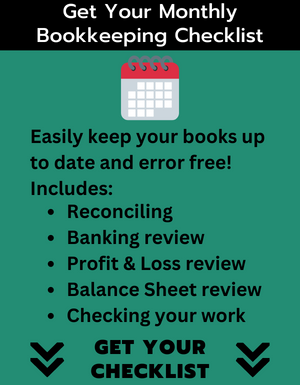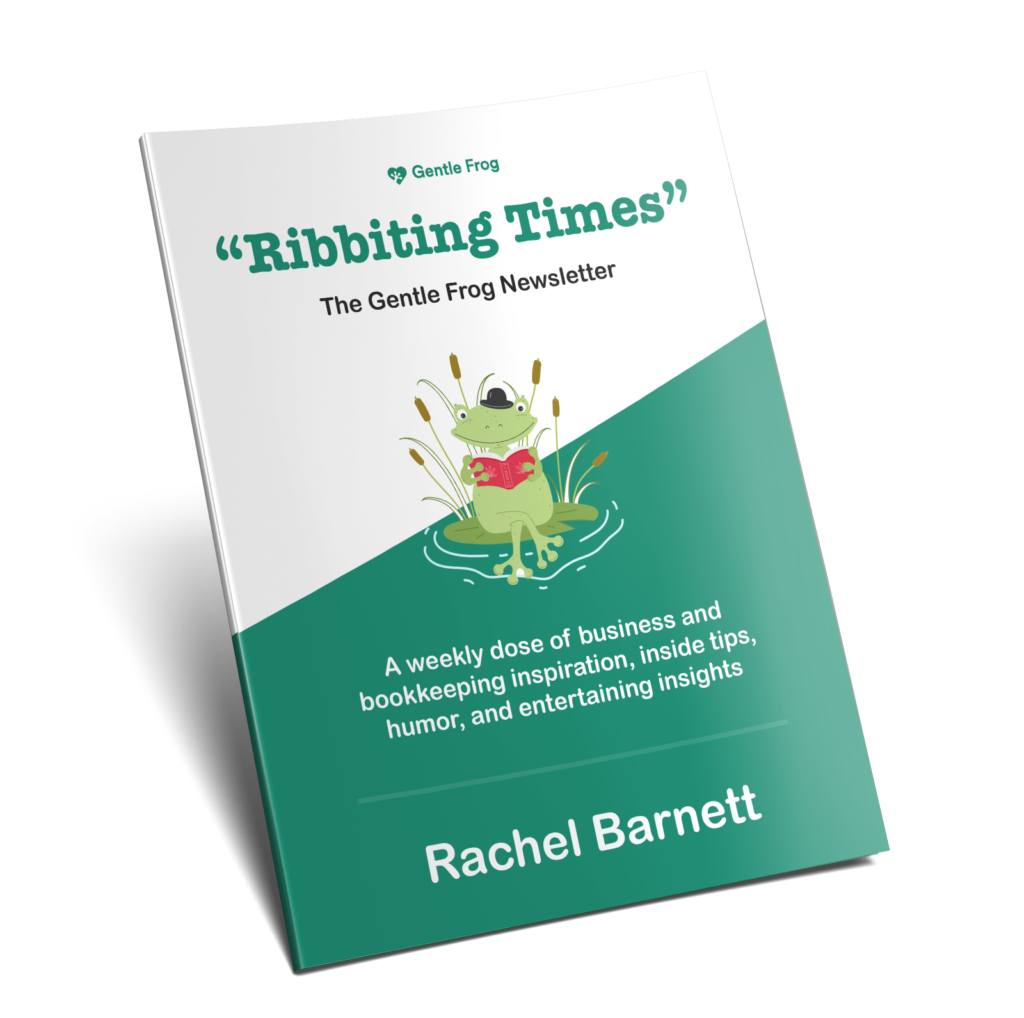It shouldn’t come as much of a surprise that Intuit TurboTax is the most popular tax preparation software. With its expansive feature set and slew of options intended to provide live advice or protection from an IRS audit, TurboTax may appear to be the best solution for filing your taxes.
For most people, it’s not — not without speaking to a tax professional first.
What Are Tax Professionals?
“Tax professional” isn’t a defined job title and many tax preparers meet the criteria. Certain tax experts may be licensed as:
- Enrolled Agents, tax experts licensed by the IRS
- Certified Public Accountants, or CPAs, licensed by state boards, who provide a range of services, including specializing in tax planning and preparation
- Attorneys, licensed by state courts or state bars who, like CPAs, provide a range of services, including specialization in tax planning and preparation
Enrolled Agents, CPAs, and Tax Attorneys may fully represent you before the IRS in matters such as audits, payment and collection issues, and appeals.
During tax season, tax preparers who are not licensed as Enrolled Agents, CPAs, or attorneys may volunteer to prepare and file taxes on your behalf after undergoing continued education. These volunteers are limited in their rights of representing you before the IRS, and are unable to represent you in appeals or in regards to collection issues.
For the purposes of this blog post, we’re going to focus solely on tax professionals — Enrolled Agents, CPAs, and Tax Attorneys.
When to Hire a Tax Professional vs. Using TurboTax
Tax professionals can be more costly than software like TurboTax. After all, TurboTax offers a free edition, with its Deluxe, Premier, and Self-Employed editions costing $80, $110, and $130, respectively.
In contrast, hiring a tax expert can cost anywhere from $146 to $457.
However, hiring a tax professional may be more beneficial to you than taking the DIY route of using TurboTax yourself, especially if:
1. You’re not taking the standard deduction
As a business owner, you’ve likely recorded many of your purchases as deductible expenses. Costs such as web hosting, rent, and new equipment add up to the point where the standard deduction is no longer applicable.
But how can you be sure you’re writing off every deduction you’re eligible for?
TurboTax asks you a series of questions in regards to your industry’s expected deductions and applies those deductions toward your tax obligation. That’s all well and dandy, but it still requires you to be at least vaguely aware of your eligible deductions.
It also doesn’t help you prepare to prove an expense is deductible or to prepare for future write-offs and purchases.
A qualified tax expert can. Not only will they help you take advantage of each deduction you qualify for, but they can prepare you to defend the deductions you claim if one is questioned. A tax professional will also advise you about future write-offs and deductions, or changes you can make to your business that will reduce your future tax payments.
2. Your taxes are complicated
Major life changes, like marriage and moving, aren’t just complicated personally — they’re complicated when the taxman comes a-knockin’, too.
Situations that can make for a complicated tax filing include:
- Getting married,
- Buying a home,
- Having a child,
- Foreign earned income,
- Renting out property, and
- Other life events.
Though TurboTax and similar software are set up to analyze your life changes, tax professionals do so with a personal touch.
A professional understands the nuances and ever-changing tax codes that impact people with complex tax situations. Not only will a professional tell you how life events have changed your tax status, but they’ll help you plan for the future, too.
3. Your books are sloppy
Bookkeeping is likely a skillset that’s not entirely within your wheelhouse. Unless you work with a bookkeeper or accountant, you’re probably handling it yourself.
Unfortunately, that can sometimes lead to bookkeeping errors that make tax time that much more frightening.
What happens if you don’t recognize any errors and file your taxes based on wrong and faulty data? You’ll probably end up:
- Paying too much or too little taxes
- Miscalculating your deductions
- Getting fined and penalized
- Undergoing an IRS audit
Tax software isn’t going to recognize that the numbers you’re entering are wrong. The burden is on you to input the correct values.
A decent tax professional would throw up red flags upon seeing mismatched and inaccurate data. Sure, correcting your books before filing your taxes might increase the tax preparer’s fee, but chances are it’d be less costly — both in time and money — than filing an inaccurate return with the IRS.
4. You’ve been investing
TurboTax and similar software can process information about your investments and stock portfolio, but investing itself is complicated business. Do you actually know if you’re reporting all of the data correctly, or if you’re missing documents, reports, and forms?
Tax professionals can help you determine your tax basis if it’s not otherwise reported on your investment documents. In addition, an Enrolled Agent, CPA, or tax attorney can help you report and handle situations involving restricted stock or employee stock options.
5. You don’t have time
Filing taxes takes time. Though TurboTax — owing to its namesake — speeds up that process, you still need to dedicate time to sitting there and inputting your information. Even if you pull from last year’s return, it’s important to verify what’s there and to report new data.
Getting stumped or confused by a requested form or entry only prolongs the filing process, eating away into things infinitely more interesting than filing your taxes — like watching paint dry or counting the swirls in your ceiling.
Preparing taxes is second-nature for a qualified tax professional. They’re intimately familiar with the most obscure tax form (or at least know where to find it), understand recent changes to the tax code, and know how to resolve unexpected issues.
By working with a tax preparer, your only time commitment comes from collecting your paperwork and handing it over — and maybe answering a couple of questions. With TurboTax, you’d also have to spend the time filling in information, finding missing information, and actively filing your return.
Should You Use TurboTax or a Professional Tax Preparer?
The simple answer is: Yes, you should consult a professional tax preparer even if you intend on using TurboTax to file your taxes.
Unless you have a basic tax situation or have sufficient time to dedicate to the nuances of tax codes, laws, and regulations, Enrolled Agents, Certified Public Accountants, and Tax Attorneys can save you time and money compared to relying on TurboTax alone.
Enlisting the aid of a tax professional may cost more upfront, but the peace-of-mind in knowing your finances and taxes have been reviewed by an expert is worth the cost — especially when a mistake on your part could cost upwards of hundreds or thousands of dollars.
Daniel Mattia is a freelance content writer and author. He’s written extensively about insurance, personal finance, and small business. Daniel’s past and current clients include RateGenius, The Zebra, Bestow, and others across a variety of industries.






4 Responses
Thank you for explaining your advice in a straightforward manner. This late in the game too many words in an explanation leaves me more confused than when I started. My mind is now settled. I appreciate the time you committed to passing on your thoughts. They very much helped my situation.
I am a widow, retired, and late in tending to tax filing altogether. I need to know how to prepare for getting my taxes figured. Can you advise me about what info to gather, and what to do??
Hi Susan,
We don’t handle taxes at Gentle Frog. I’d suggest contacting [email protected], [email protected], or [email protected] for all your tax related questions.
-Jess
As a tax attorney, I recommend not reaching out to a tax attorney for your taxes. CPAs are your friend! They’ll let you know if you need to consult an attorney, which is rarely.